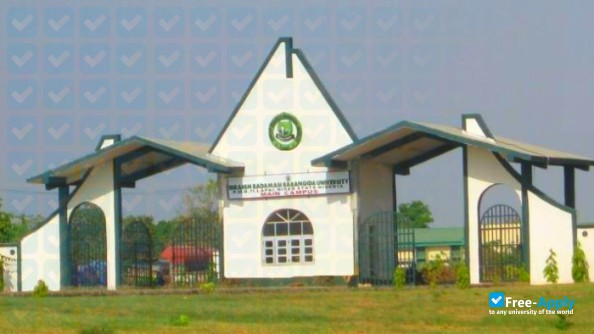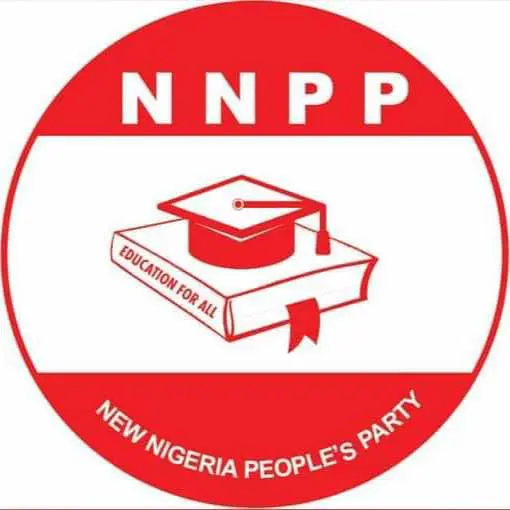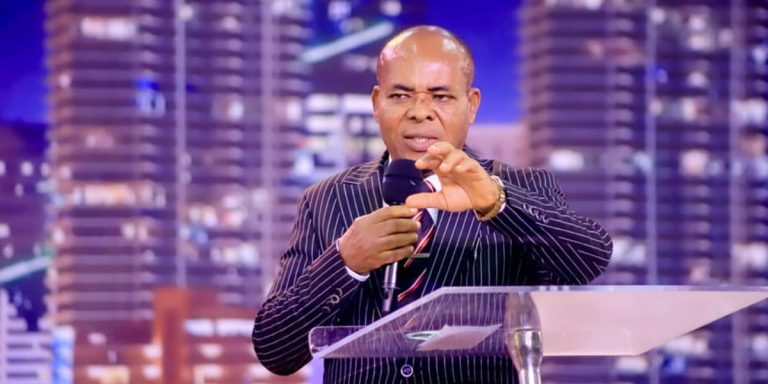An explosive corruption scandal has rocked Nigeria, implicating high-ranking officials including the former Central Bank of Nigeria Governor, Godwin Emefiele, and the Chief Executive Officer of the Assets Management Corporation of Nigeria (AMCON), Ahmed Kuru. The scandal further reaches into the political arena, involving Femi Gbajabiamila, Chief of Staff to President Bola Tinubu, placing immense pressure on the political elite.
According to sources, Gbajabiamila has been accused of benefiting from corrupt practices unearthed during Ahmed Kuru’s tenure at AMCON. Reports suggest that Gbajabiamila allegedly received favors in the form of Ikoyi properties during his time as the Speaker of the House of Representatives. In return, he purportedly ensured Kuru’s continued leadership at AMCON, raising serious ethical concerns.
Furthermore, revelations have emerged regarding Emefiele and Kuru’s involvement in alleged misuse of public funds to acquire banks, including Polaris, Keystone, and Union Banks. A conducted probe exposed substantial misappropriation of public funds, painting a grim picture of financial impropriety at the heart of Nigerian institutions.
The investigative report also sheds light on the dissolution of the boards and management of various banks by the Central Bank of Nigeria, raising questions about the depth of corruption within the country’s financial sector.
As the scandal continues to unfold, it has been disclosed that Emefiele and Kuru orchestrated a substantial government investment in Heritage Bank, which subsequently granted a loan to the Sigma Golf Consortium associated with Emefiele and Kuru. The investigation uncovered a convoluted trail of fund transfers, illustrating the complexity of the alleged financial misconduct.
Moreover, the revelation of the government’s directive to dismiss the boards of Union, Keystone, and Polaris Banks has sent shockwaves through the implicated consortium, signaling a significant crackdown on the implicated individuals.
The scandal has led to widespread dismay, with concerns raised about the adequacy of the investigation and the potential complicity of other government officials. The need for a comprehensive forensic investigation has been underscored, casting doubt on the efficacy of the current investigative mechanisms.
Attempts to reach Gbajabiamila and Kuru for comments have been unsuccessful, raising suspicions and adding to the intrigue surrounding the unfolding saga.
The far-reaching implications of this alleged corruption scandal have left the Nigerian political and financial landscape reeling, as the specter of malfeasance within the country’s corridors of power looms large.



